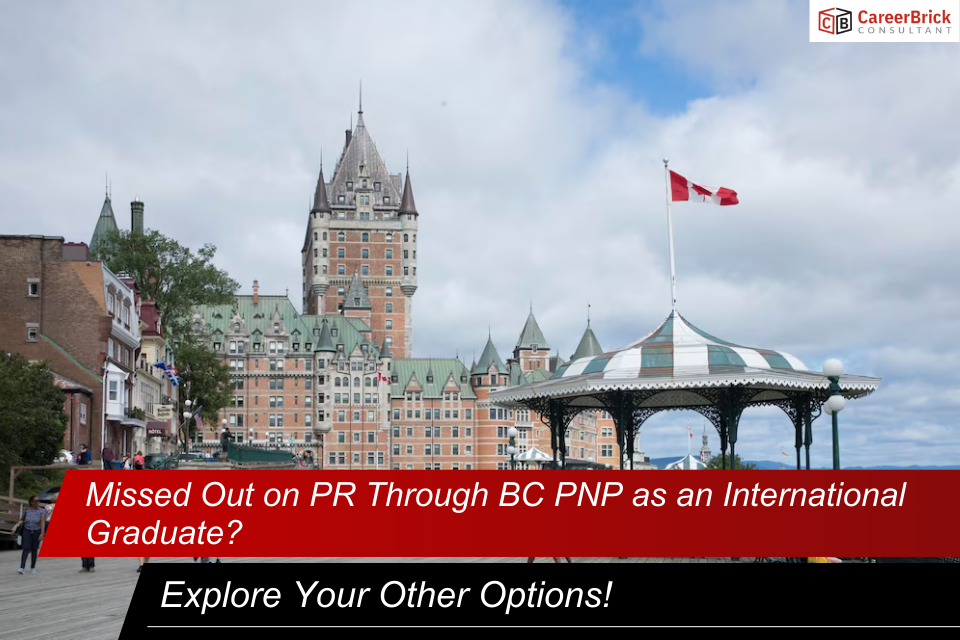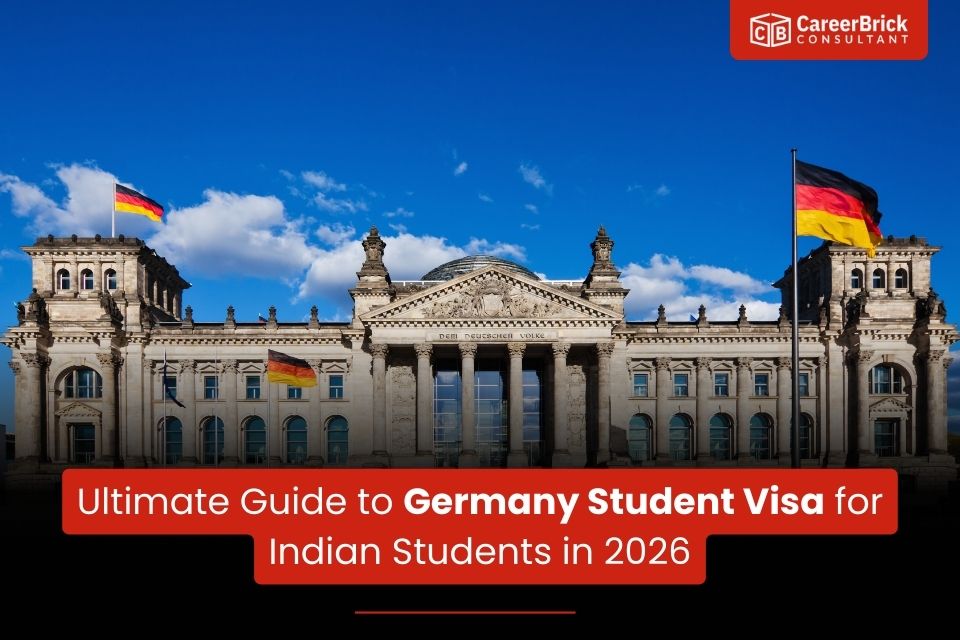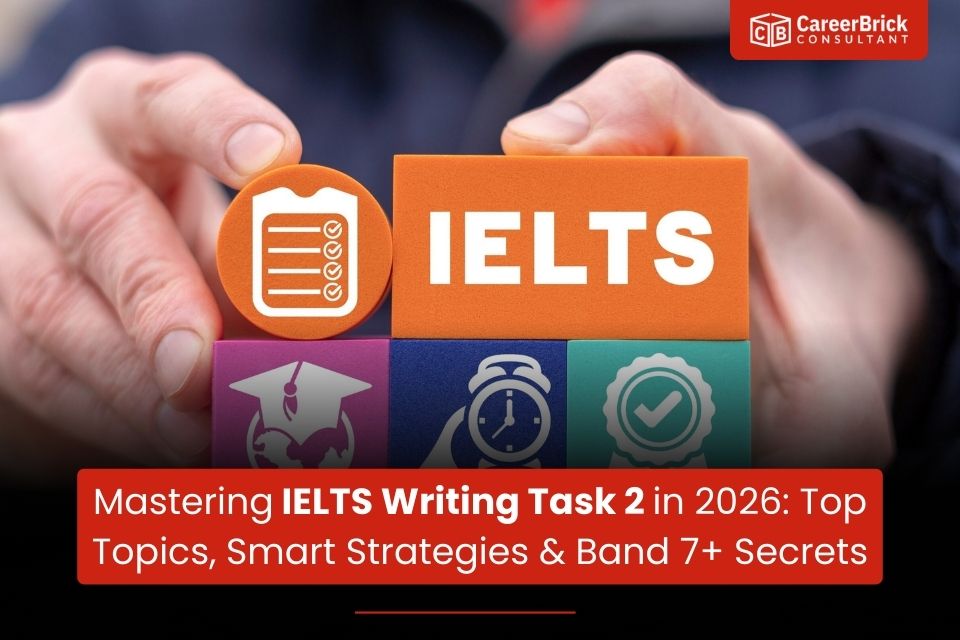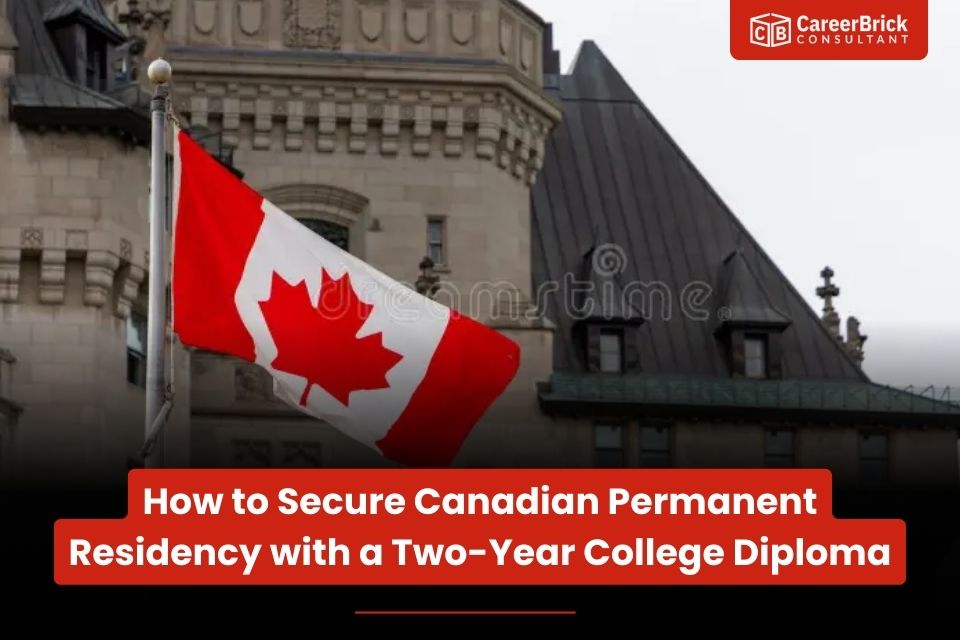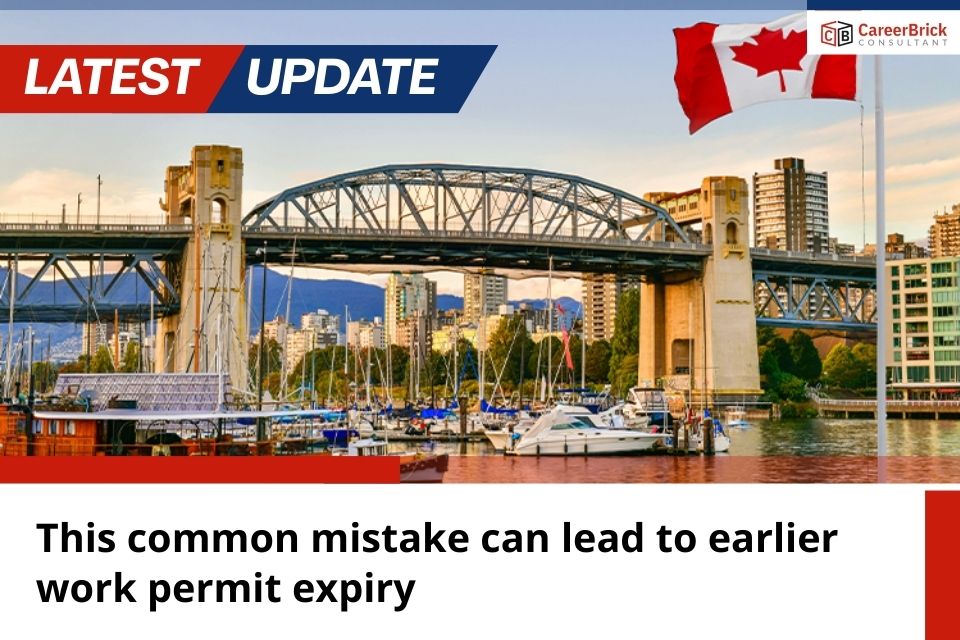The British Columbia Provincial Nominee Program (BC PNP) has officially closed its doors to international graduates seeking nominations.
Initially, BC PNP had planned to introduce three new graduate streams in 2025 to replace the two streams it closed. However, on April 14, 2025, the province announced the suspension of the new streams and placed all International Post-Graduate applications submitted after September 1, 2024, on a waitlist.
As a result, international graduates from BC who aspire to settle permanently in Canada will need to explore alternative pathways to obtain permanent residence, which we outline in this article.
What Happened to the BC PNP’s Graduate Streams?
Like many other provincial nominee programs, the BC PNP offered dedicated pathways to permanent residence for international graduates from British Columbia’s postsecondary institutions.
Until recently, these included the International Graduate stream, which closed on November 26, 2024, and the International Post-Graduate (IPG) stream, which closed on January 7, 2025.
On March 19, 2024, the BC PNP announced plans to replace these streams with three new options: the Bachelor’s Stream, Master’s Stream, and Doctorate Stream, scheduled to launch in January 2025.
However, the new streams never opened. In an announcement on April 14, 2025, BC PNP stated that the launch of these streams was suspended indefinitely, citing the need to wait until their "allocation levels are restored."
Additionally, the program revealed that all International Post-Graduate applications submitted after September 1, 2024, have been placed on a waitlist—meaning that even those who have already applied may face significant delays in the processing of their applications.
In 2025, like many other provincial nominee programs, the BC PNP experienced a 50% reduction in its allocation of provincial nominations compared to the previous year.
Other PR Pathways Available: What Are the Options for International Graduates in B.C.?
Despite recent changes to the BC PNP, international graduates from BC universities still have several pathways to pursue Canadian permanent residency.
The main economic immigration options outside of Quebec include:
- Canadian Experience Class (Express Entry)
- BC PNP – Health Authority Stream
- Rural Community Immigration Pilot
- Francophone Community Immigration Pilot
- Other Provincial Nominee Programs (PNPs)
- Atlantic Immigration Program (AIP)
The table below outlines the key eligibility criteria for each pathway:
|
Pathway |
Key Eligibility Criteria |
|
Canadian Experience Class |
- Minimum of 1 year of skilled Canadian work experience. |
|
BC PNP – Health Authority Stream |
- Employment as a front-line healthcare worker with a BC Health Authority. |
|
Rural Community Immigration Pilot |
- Job offer from a designated employer in a participating community. |
|
Francophone Community Immigration Pilot |
- Job offer from a designated employer in a participating community. |
|
Other PNPs |
- Requirements vary by stream. |
|
Atlantic Immigration Program (AIP) |
- Job offer from a designated employer in an Atlantic province. |
We dive deeper into each of these pathways below.
Canadian Experience Class – Express Entry
One popular pathway for recent graduates to achieve Canadian permanent residency is through the Canadian Experience Class (CEC), by gaining one year of skilled work experience after graduation.
The CEC is ideal for individuals who have strong Comprehensive Ranking System (CRS) scores or who may qualify under category-based Express Entry draws.
To be eligible, candidates must:
- Have at least one year of Canadian work experience in a skilled occupation (NOC TEER 0, 1, 2, or 3).
- Meet the required language proficiency levels based on the occupation.
Once eligible, you can enter the Express Entry pool, where you may receive an Invitation to Apply (ITA) for permanent residence.
While an ITA is not guaranteed, candidates with higher CRS scores compared to others in the pool have a strong chance of being invited.
Here are the most recent cut-off scores for CEC draws:
|
Date |
Cut-off Score |
|
February 5, 2025 |
521 |
|
January 23, 2025 |
527 |
|
January 8, 2025 |
542 |
If your CRS score isn’t high enough to qualify through regular Canadian Experience Class draws, you might still receive an invitation through one of Express Entry’s category-based draws. These draws typically have lower CRS cut-offs for candidates who meet specific criteria, such as strong French language skills or work experience in a priority occupation.
To qualify under the French language proficiency category, you must achieve a CLB 7 in all four language skills: speaking, listening, reading, and writing.
For the occupational category-based draws, you need:
- At least six months of continuous full-time work experience within the past three years
- Your work experience must be in one of the eligible priority sectors.
As of now, the eligible categories include:
- Agriculture and agri-food
- Education
- Healthcare and social services
- STEM (science, technology, engineering, and mathematics)
- Trades
It’s worth noting that the federal government has recently introduced major changes to the Express Entry categories, reshaping how category-based draws are conducted.
Rural Community Immigration Pilot
If you're willing to settle in one of Canada's rural communities, you could qualify for the Rural Community Immigration Pilot (RCIP) by securing a job offer from a designated employer in a participating community.
Rural Community Immigration Pilot (RCIP)
If you’re open to living in one of Canada's smaller communities, the Rural Community Immigration Pilot (RCIP) could be an option. To qualify, you need a job offer from a designated employer in a participating community.
The participating communities in British Columbia are:
- West Kootenay
- North Okanagan Shuswap
- Peace Liard
Here’s the full list of participating communities across Canada:
|
Community |
Province |
|
Pictou County |
Nova Scotia |
|
North Bay |
Ontario |
|
Sudbury |
Ontario |
|
Timmins |
Ontario |
|
Sault Ste. Marie |
Ontario |
|
Thunder Bay |
Ontario |
|
Steinbach |
Manitoba |
|
Altona/Rhineland |
Manitoba |
|
Brandon |
Manitoba |
|
Moose Jaw |
Saskatchewan |
|
Claresholm |
Alberta |
|
West Kootenay |
British Columbia |
|
North Okanagan Shuswap |
British Columbia |
|
Peace Liard |
British Columbia |
If you meet the eligibility requirements, you can apply for permanent residence directly to the federal government.
Francophone Community Immigration Pilot (FCIP)
If you have French language proficiency at CLB 5 or higher across all four skills, you may qualify for the Francophone Community Immigration Pilot (FCIP) by securing a job offer from a designated employer in a participating community.
In British Columbia, Kelowna is the participating community.
Here’s the list of communities across Canada:
|
Selected Community |
Province |
|
Acadian Peninsula |
New Brunswick |
|
Sudbury |
Ontario |
|
Timmins |
Ontario |
|
Superior East Region |
Ontario |
|
St. Pierre Jolys |
Manitoba |
|
Kelowna |
British Columbia |
Successful applicants can apply directly to the federal government for permanent residence through this pilot.
BC PNP – Health Authority Stream
For those aiming to stay in British Columbia as skilled workers, but unable to qualify through Express Entry or the federal pilots, the Health Authority Stream remains an option in 2025.
To be eligible, you must:
- Be employed as a front-line healthcare professional with a BC health authority.
- Have the health authority support your application.
Eligible occupations include:
- All NOC codes starting with "3."
- Social and community service workers (NOC 42201)
- Social workers (NOC 41300)
- Therapists in counselling and related therapies (NOC 41301)
Other Provincial Nominee Programs (PNPs)
If you don’t qualify for the BC PNP (particularly if you aren't in a front-line healthcare role), another pathway could be moving to a different province and applying through one of their PNP streams.
While there are too many streams to cover here, an experienced immigration consultant can help identify the best fit for you.
You can also assess your eligibility for enhanced PNP streams through CanadaVisa+.
A few important things to keep in mind:
- Intent to reside: PNPs require you to intend to settle in the nominating province, and you may need to show ties to the province.
- Building ties: Living and working in the province for a year or two can help strengthen your candidacy.
- Eligibility factors: Most PNP streams consider your age, education, language proficiency, job offer, and work experience.
Note: To qualify for an enhanced PNP stream, you must also be eligible for Express Entry, in addition to meeting the specific PNP stream criteria.
Atlantic Immigration Program (AIP)
The Atlantic Immigration Program (AIP) offers a pathway to permanent residence for foreign nationals who secure job offers from designated employers in one of Canada’s Atlantic provinces:
- New Brunswick
- Newfoundland and Labrador
- Nova Scotia
- Prince Edward Island (PEI)
After receiving a job offer, the province must endorse the offer. If you meet all program requirements, you can then apply for permanent residence directly through the federal government.
In addition, AIP applicants are eligible to apply for employer-specific work permits, valid for up to two years, while their PR application is being processed.
Why Were the New Streams Delayed?
The delay in launching the new BC PNP graduate streams is tied to recent cuts in federal immigration targets for Provincial Nominee Programs (PNPs).
According to the latest Immigration Levels Plan, PNP admissions were reduced by 50% in 2025 compared to 2024.
British Columbia, which had a nomination allocation of 8,000 spots in 2024, received just 4,000 spots for 2025. Compounding the problem, the BC PNP entered 2025 with a backlog of 5,200 applications—already exceeding its nomination capacity for the year.
In response, the province decided to focus its limited quota on processing existing applications and will only accept about 1,100 new applications this year, prioritizing:
- Health authority workers
- Entrepreneurs
- Skilled workers creating a high economic impact in BC
